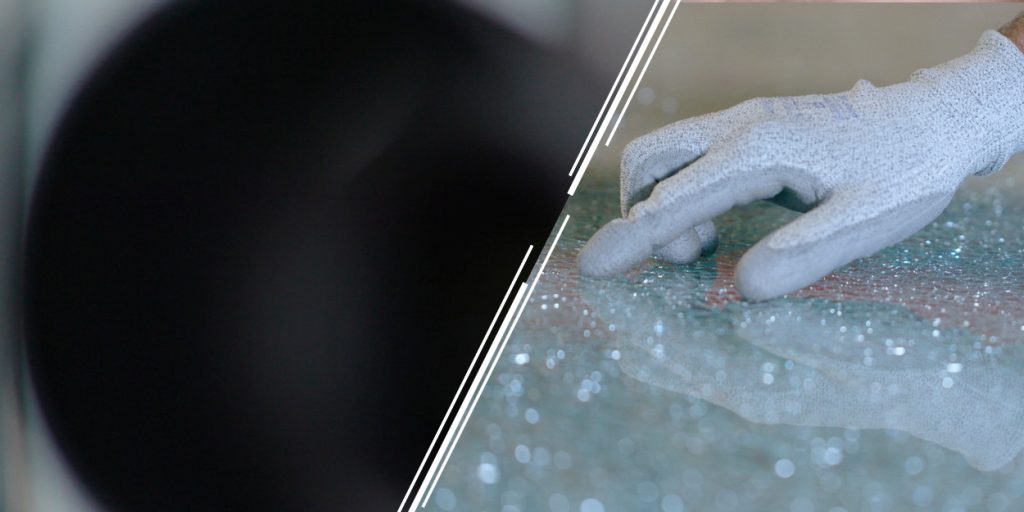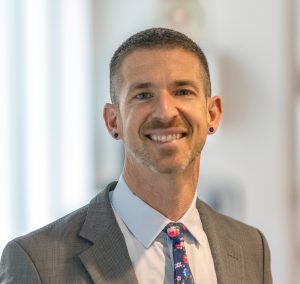Lab Live: Glass – Applied Science in Action to Solve Material Challenges

To understand material performance in the field or determine the causes of underlying building conditions, engineers and material scientists often look to applied science and research methods to improve design and construction processes and probe known issues or problems. By combining technical knowledge with expertise in testing and materials science, these teams can help solve their clients’ most challenging problems by understanding why they occurred in the first place. In Simpson Gumpertz & Heger’s (SGH) virtual “Lab Live” series, we will demonstrate these testing and discovery methods in real time in our Applied Science & Research Center to focus on common and challenging material problems. In these dynamic sessions, we hope to spark discussions that lead to creative ideas and improved collaboration.
IN THIS SESSION
In the first session of this series, our technical experts and laboratory specialists will focus on glass as a building material, share examples of issues discovered in the field, and give live testing demonstrations to show how SGH’s Applied Science & Research Center helps clients with glass-related issues. We will showcase several testing approaches and instruments, including scanning electron microscopy with energy dispersive X-ray spectroscopy (SEM-EDS) to visualize and identify contaminants in glass, including nickel sulfide, that cause spontaneous glass breakage; grazing angle surface polarimeter (GASP) and scattered light polariscope (SCALP) to measure stress in heat-treated glass; and frost point testing of insulating glass units (IGUs) to determine the integrity of the IGU hermetic seals, thermal performance, condensation resistance, and service life of existing IGUs.
After attending this webinar, participants will be able to:
- Understand how glass is generally used as a building material and identify industry testing methods to evaluate glass and its components.
- Understand how fully tempered glass is tested in a laboratory to verify nickel sulfide-induced spontaneous fracture.
- Understand the process and equipment used for determining stress levels in heat-treated glass.
- Understand frost point testing of IGUs and the different methods used for determining IGU hermetic seal integrity.
Participants will earn 1.0 AIA CES Learning Unit (LU/HSW) for attending the live webinar. Registration is free. Please note that space is limited – email events@sgh.com to join our waitlist if the session is closed when you register.



